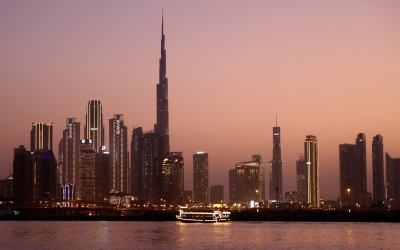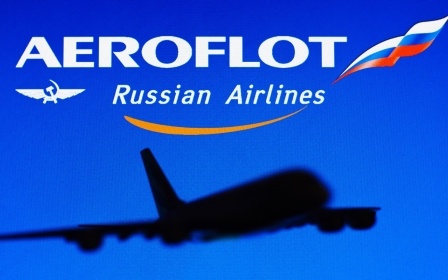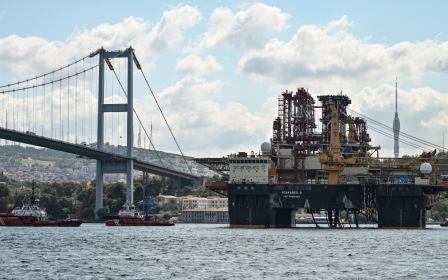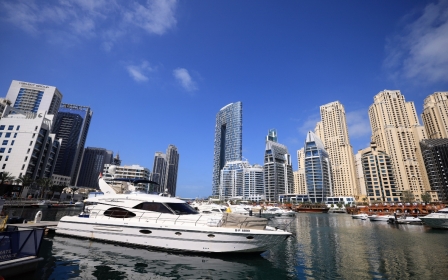Turkey tightens restrictions on Russian aircraft without major disruptions
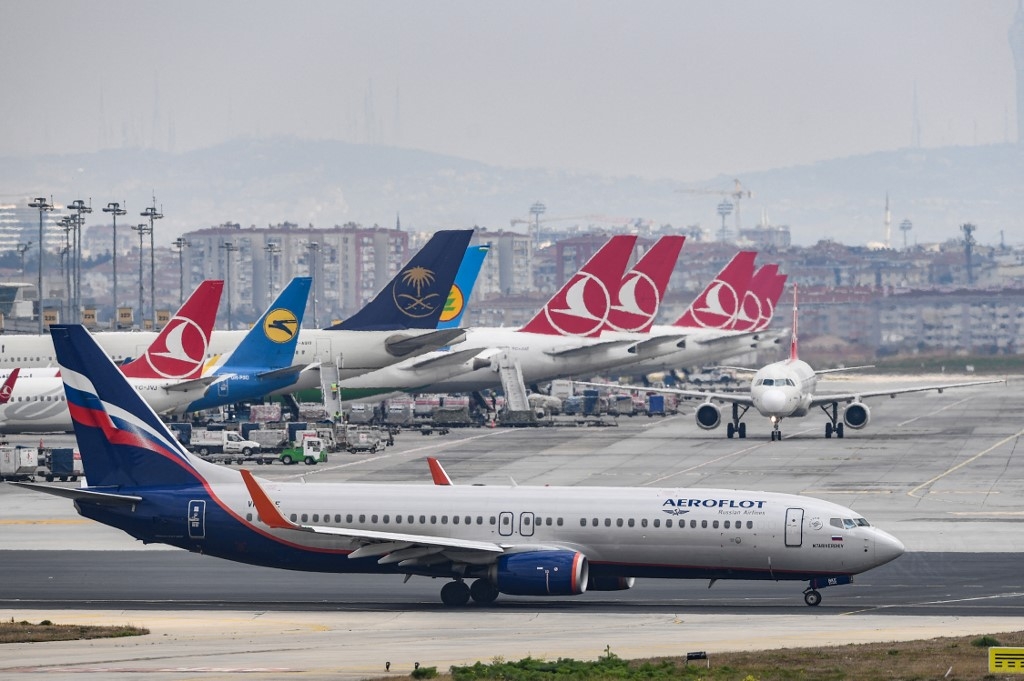
Some of Turkey's largest airport ground handler firms stopped providing services to western-made aircraft owned by Russian airlines earlier this month, multiple sources told Middle East Eye.
The sources, who are within the aviation industry and are familiar with the issue, said Havas, Turkey's largest ground service provider, as well as Turkish Ground Services (TGS), stopped serving the US-made Boeing and European Airbus aircraft used by Russian companies.
Havas sent a letter in January to warn Russian firms that it may need to take action in accordance with the US-sanctions imposed against Moscow over its invasion of Ukraine.
TAV Airports, which operates 90 airports in 29 countries and owns Havas, provides aircraft services at Istanbul, Ankara and Antalya airports, among others. Havas also owns 50 percent of TGS's shares.
The sources expect some major Turkish companies to also stop providing refuelling services to Russian airliners.
New MEE newsletter: Jerusalem Dispatch
Sign up to get the latest insights and analysis on Israel-Palestine, alongside Turkey Unpacked and other MEE newsletters
US officials warned Turkish authorities and the private sector in January that Turkish citizens were at risk of prison time, fines and loss of export privileges if they provide services like refuelling and spare parts to US-made planes flying to Turkey from Russia and Belarus.
According to US sanctions, the provision of maintenance services for Russia- or Belarus-bound aircraft assembled with more than 25 percent of US-origin technology is prohibited.
'Havas and others stopped serving, but there are other smaller companies that still provide services to them'
- Aviation industry source
The list includes 170 aircraft belonging to Russian airlines, including Aeroflot, Rossii, S7, Utair Airlines, Red Wings, Nordwind, and Yamal, as well as Belarusian airline Belavia.
Turkish news site AirportHaber reported that around 44 planes had been denied refuelling and maintenance service as of 14 March, including 15 belonging to Aeroflot.
Aeroflot, however, stated that they were flying to Turkish cities "in the normal mode, on schedule, within the declared flight programme".
MEE's sources said that there was no blanket ban on Russian planes, as each ground service and maintenance company decides on which aircraft to serve.
“The type of the aircraft and whether there are humanitarian grounds to claim exemptions play a role in making a decision,” an industry source said. “Havas and others stopped serving, but there are other smaller companies that still provide services to them.”
Russian newspaper Kommersant reported last week that only two planes had been refused refuelling, which eventually returned to Russia. The newspaper reported that two S7 aircraft returned safely from Antalya and Istanbul on 16 March.
On the same day, according to Flightradar24, a Pegas Fly Boeing-777 Icarus had to be redirected from Istanbul for refuelling in Sochi, after which the plane continued its flight to Moscow.
Also on 14 March, two Aeroflot aircraft flew to Istanbul from St Petersburg and Yekaterinburg and returned without making intermediate stops for refuelling.
Russian media previously said that Sochi could be a refuelling option for Russian aircraft if they cannot get the service in Turkish airports.
MEE's sources said they expect that Fugo, one of the smaller Turkish ground service companies, may start to serve sanctioned Russian aircraft.
MEE sent repeated inquiries to the Fugo officials on the matter but received no response by the time of publication. Fugo already provides services to five Russian airliners like Aeroflot at Antalya airport, according to open source data.
Turkey is a major tourism destination for Russians, who are increasingly moving to the country after the Ukraine war to flee western sanctions and conscription.
Despite technical issues, on 13 March Aeroflot announced its intention to open direct flights to Antalya from Samara, Nizhny Novgorod and Ufa at the end of April.
The Russian Federal Agency for Air Transport on Friday said that it held a meeting with its Turkish counterparts in Ankara, discussing the operational issues ahead of the summer, including the issue of fuel resupply for Russian aircraft in Turkey.
“During the consultations, it was noted that the issue of operating flights of Russian and Turkish airlines is under constant control of the aviation authorities of the two countries,” the statement said.
“Flights of Russian airlines scheduled for the IATA summer 2023 season will be regularly provided with ground handling at the airports of the Republic of Turkey in accordance with previously concluded commercial agreements.”
Two Western diplomats told MEE that Turkey was cracking down on Russian circumvention of sanctions when they are highlighted to Turkish officials.
“But they continued to turn a blind eye to numerous other ways Russians come up with as an alternative to restrictions,” one of them said.
Middle East Eye delivers independent and unrivalled coverage and analysis of the Middle East, North Africa and beyond. To learn more about republishing this content and the associated fees, please fill out this form. More about MEE can be found here.


